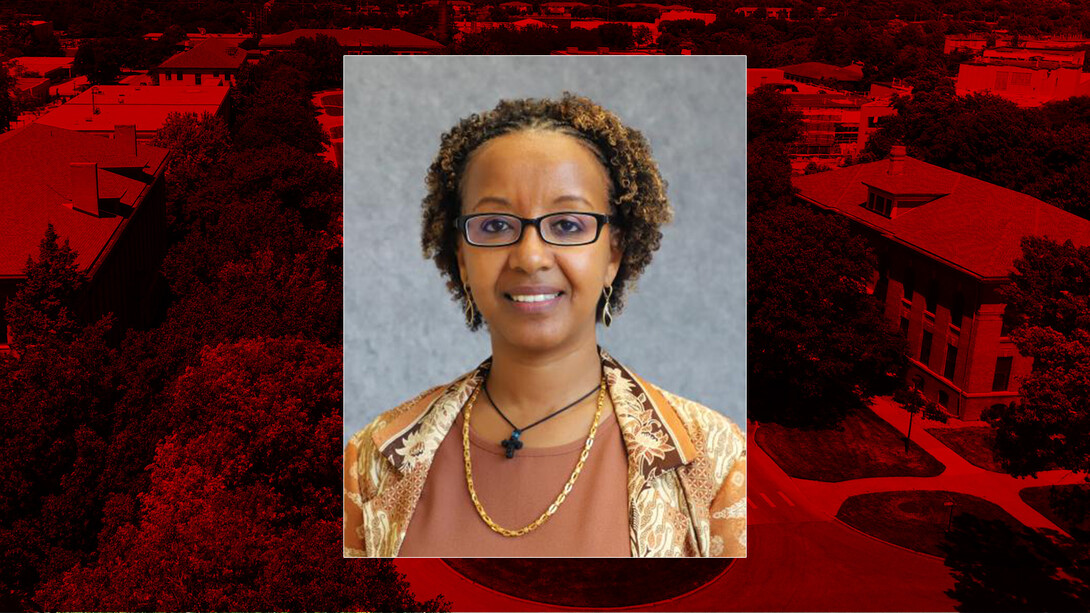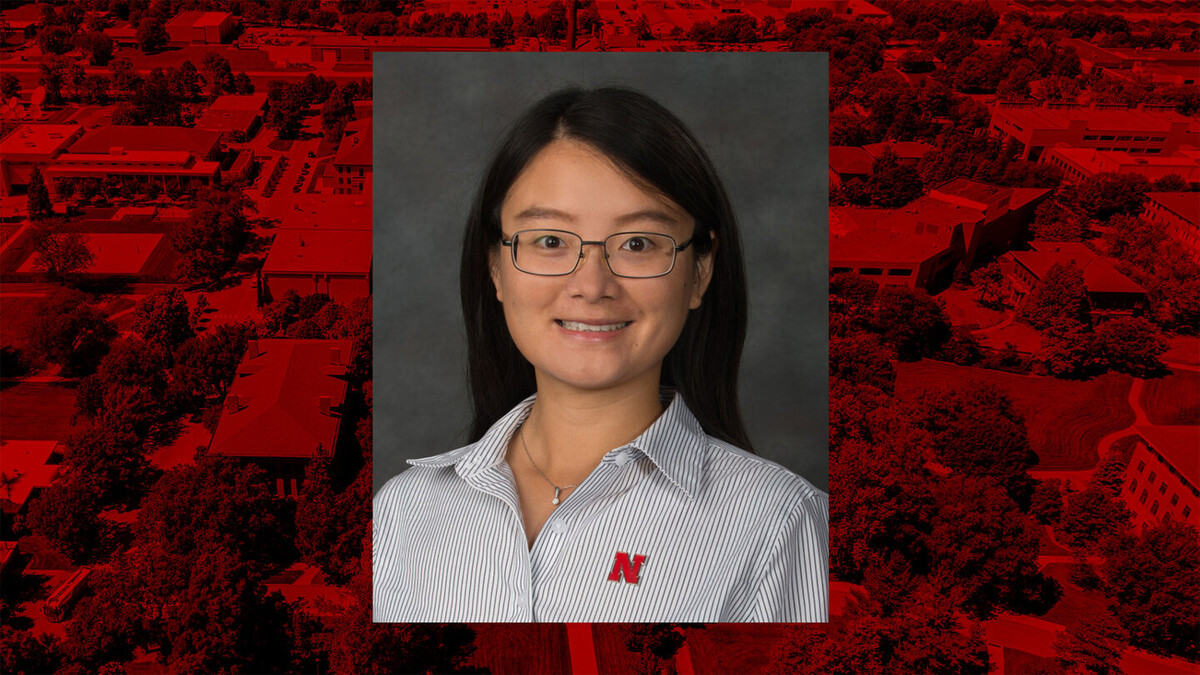
Lincoln, Neb. —Martha Mamo has been reappointed as head of the University of Nebraska-Lincoln's department of agronomy and horticulture, a position she has held since 2019. Her reappointment took effect on Jan. 1.
“Over the past three years, Dr. Mamo has proven to be a strong, innovative and extremely collaborative leader,” said Mike Boehm, NU vice president and Harlan Vice Chancellor for UNL’s Institute of Agriculture and Natural Resources. “I’m thrilled she will continue to serve the department, the university and Nebraska in this role.”
Mamo joined the UNL faculty in 2000 and over the years has held the roles of assistant professor, associate professor and professor. She was named Weaver Professor of Agronomy and Horticulture in 2016. In 2015, Mamo was honored with the University of Nebraska’s Outstanding Teaching and Instructional Creativity Award – a system-wide award that recognizes an individual faculty member who has demonstrated a meritorious and sustained records of excellence and creativity in teaching. Mamo’s research is on nutrient cycling in low input rangeland ecosystem – evaluating grazing strategies on soil C and N dynamics. Her research efforts and interests include soil processes, water conservation, and food security.
Mamo earned her bachelor’s degree in chemistry and master’s degree in soil science from Alabama A&M University. She holds a doctorate degree in soil science from the University of Minnesota–St. Paul.
The agronomy and horticulture department advances the knowledge, theory and application of plant and soil sciences and landscape design to improve quality of life. Agronomy and horticulture are integrative sciences, attracting students and scientists from a wide range of disciplines and interests. For more information, visit agronomy.unl.edu.







